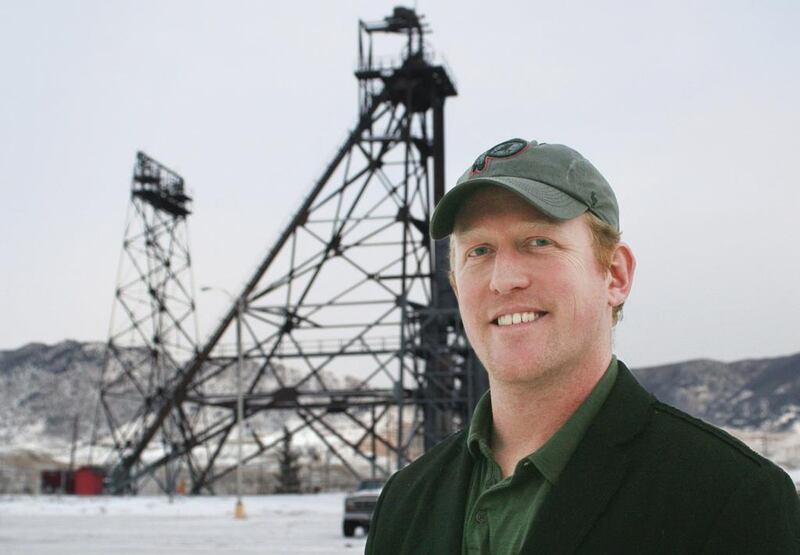It is three and a half years since US Navy Seals stormed into a compound in Abbottabad and killed Osama bin Laden. The death of the Al Qaeda leader in Pakistan has reappeared in the news of late with an unseemly row over precisely which Seal fired the fatal shot.
Quite apart from the fact that the mission was obviously the result of months of work by large teams of intelligence operatives, the Seals’ noisy claims are troubling, for two reasons.
Firstly, whatever happened to the dignity of quiet heroism? Have we finally witnessed the death of that understated virtue? Time was when those involved in such action did not talk publicly, let alone write, about it.
The reward was in knowing that they had served their countries at the highest level. To boast about or attempt to profit from such exploits was considered to be unspeakably vulgar, and there were codes against doing so, from which no one was exempt.
When a flurry of books about Britain’s traditionally secretive SAS appeared in the late 1990s, even General Sir Peter de la Billiere, a former commander of the special force – and an author whose books had been cleared by the defence ministry – was included in the subsequent ban on entering any of the regiment’s bases or participating in any of its ceremonies.
An exemplary contrast to the latest showboating is provided by Sir Nicholas Winton, recently honoured by the Czech government for his role in enabling the kindertransport, which helped Jewish children flee the Nazi advance in the Second World War.
Nobody even knew of his role as “the British Schindler” for decades, until his late wife handed a scrapbook to a historian who happened to be married to the press baron Robert Maxwell. At 105, Winton remains admirably modest.
“I wasn’t heroic because I was never in danger,” he said this week in an interview, in which he also showed a complete lack of desire to stoke the fame he had never sought. “It gets a bit boring talking about the same thing for a hundred years.”
Secondly, it reminds us that Osama bin Laden was shot with no attempt to capture him. The Seals make that clear, with one of them saying: “Osama bin Laden ... died afraid. And he knew we were there to kill him.”
Only a misguided few are likely to have shed a tear at his passing. But if he had been taken alive he would surely have had useful information to give up if he could have been persuaded to do so – and just how “persuasive” the US military is prepared to be is well-known by now.
And he did deserve to be tried. The fact that he was not taken into custody and brought to face the full fury of the law is the more important point. It is incumbent on those who talk about the need to uphold the rule of law to do so themselves.
The US does not have the right to go around the world killing people as it sees fit. The “good” rogue cop who handles the bad guys his way, without regard to the niceties of the law, exists only in the movies. In non-fiction reality he would find himself behind bars.
The “world’s policeman” should set a better example. Not just for the sake of consistency, but also for that rest of the globe, which is expected to follow America’s lead: and particularly for its “closest ally”.
Israel too has long had no compunction about attempting, often successfully, to bump off those it deems as acting contrary to its interests.
Most notably they have included Khaled Meshaal, the political leader of Hamas, whom Mossad agents poisoned in Amman in 1997.
The antidote was only provided after the would-be assassins were detained by the Jordanian authorities. Hamas may be widely designated a terrorist organisation, but both the late King Hussein and then US president Bill Clinton were furious at Israel’s action, and the country was forced into a humiliating climbdown.
The White House has also put pressure on Israel to stop assassinating Iranian nuclear scientists, at least five of whom were murdered between 2010-12.
The country’s nuclear programme has been in existence since the 1950s, long before the proclamation of the Islamic Republic.
The outside world may worry about its potential military use, but as a peaceful domestic industry it is a source of pride to the Iranian people and its scientists should not have to go around in fear of their lives.
Such extralegal executions may have had a whiff of the Cold War – one thinks of the 1978 murder of the Bulgarian dissident Georgi Markov, stabbed in the leg while waiting at a London bus stop with an umbrella tip which concealed a ricin pellet, a scenario which could have been scripted for a James Bond movie – but there was nothing glamorous or heroic in shooting an unarmed man to death.
As the leading international jurist Geoffrey Robertson wrote at the time of the bin Laden killing: “In the dock he would have been reduced in stature – never more to be remembered as the tall, soulful figure on the mountain, but as a hateful and hate-filled old man, screaming from the dock or lying from the witness box.”
Lurid bestsellers may line the pockets of soldiers-turned-authors, but Robertson summed up the truth that should not be forgotten: the “benefits that flow from real justice have forever been forgone”.
Sholto Byrnes is a commentator and consultant based in Doha and Kuala Lumpur





